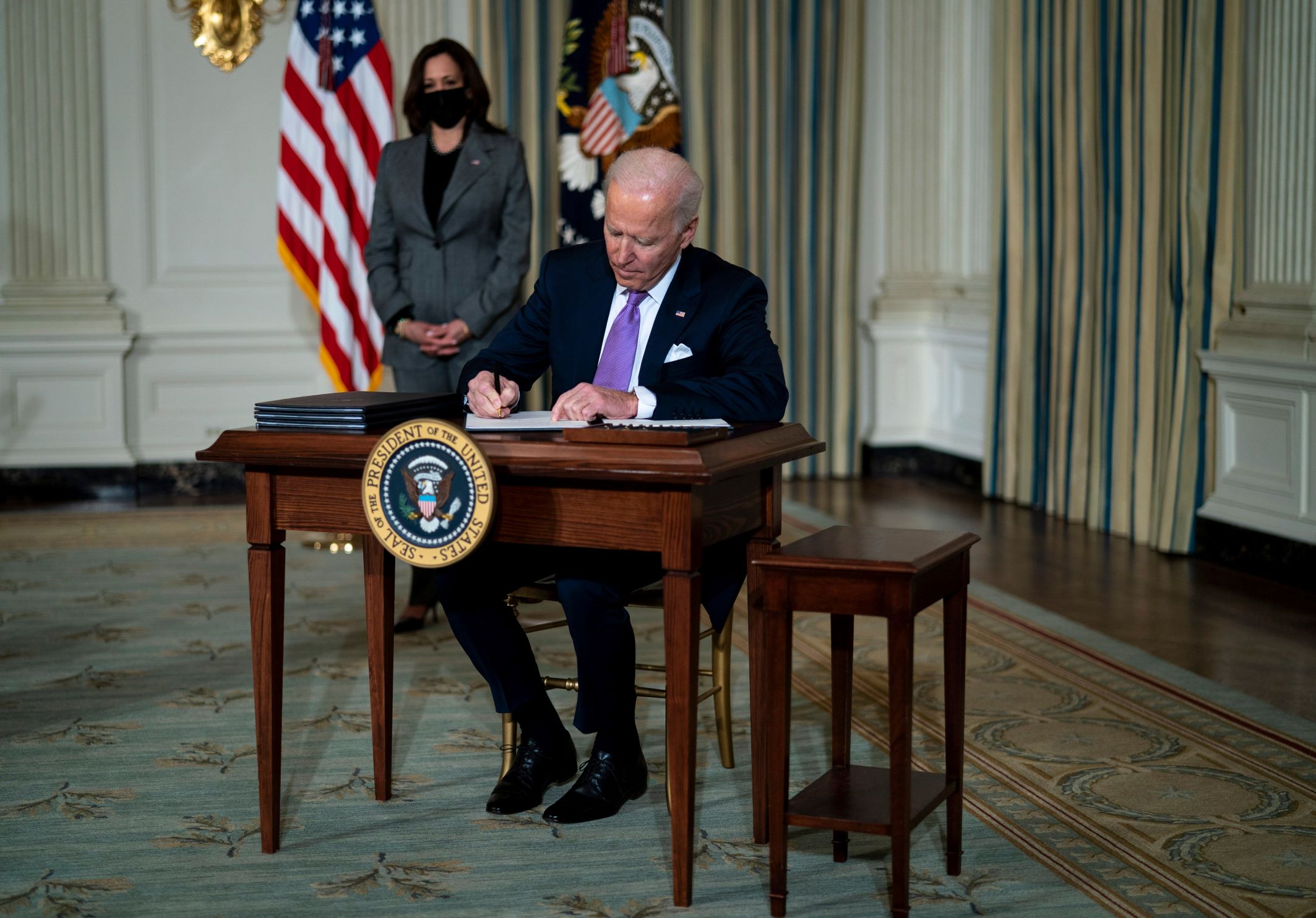A congressional tax deal is poised to deliver substantial savings to some of the largest and most lucrative companies in the US, prompting criticism for favoring corporations over middle-class families. Private equity funds stand to particularly benefit from the agreement.
Passed by the House of Representatives in late January, the deal combines tax breaks for businesses with a moderate expansion of the child tax credit.
The Senate is expected to vote on the bill in the coming weeks, with indications from the White House that President Joe Biden would sign it into law.
Led by Democratic Senator Ron Wyden and Republican Congressman Jason Smith, chairs of Congress’s tax-writing committees, the deal would reverse several tax measures aimed at offsetting the costs of the 2017 Trump tax cuts.

This rollback would enable companies to claim larger tax deductions for various expenses, including equipment purchases, research and development expenditures, and interest payments on their debt.
Last year, the American Investment Council (AIC), the primary trade group for private equity, spent over $3 million lobbying the federal government, surpassing any single year since 2009.
Additionally, five major private equity firms — Blackstone Group, KKR & Company, Carlyle Group, Cerberus Capital Management, and Apollo Global Management — along with their subsidiaries, collectively spent an additional $21 million on lobbying during the same period.

Democratic Congresswoman Rosa DeLauro, among two dozen House Democrats who opposed the bill, criticized it for favoring corporations over families.
She stated, “Increasing the interest deductions, which private equity firms have been the worst abusers of, is just another example of how the Wyden-Smith tax deal hands out billions in tax credits to the biggest corporations while giving pennies to middle-class children and families.”
Tax policy experts highlighted that raising the cap on interest deductibility could significantly benefit private equity funds, which heavily rely on debt.







Leave a Reply